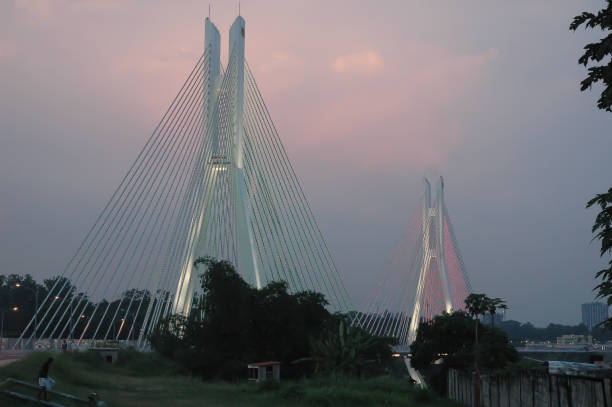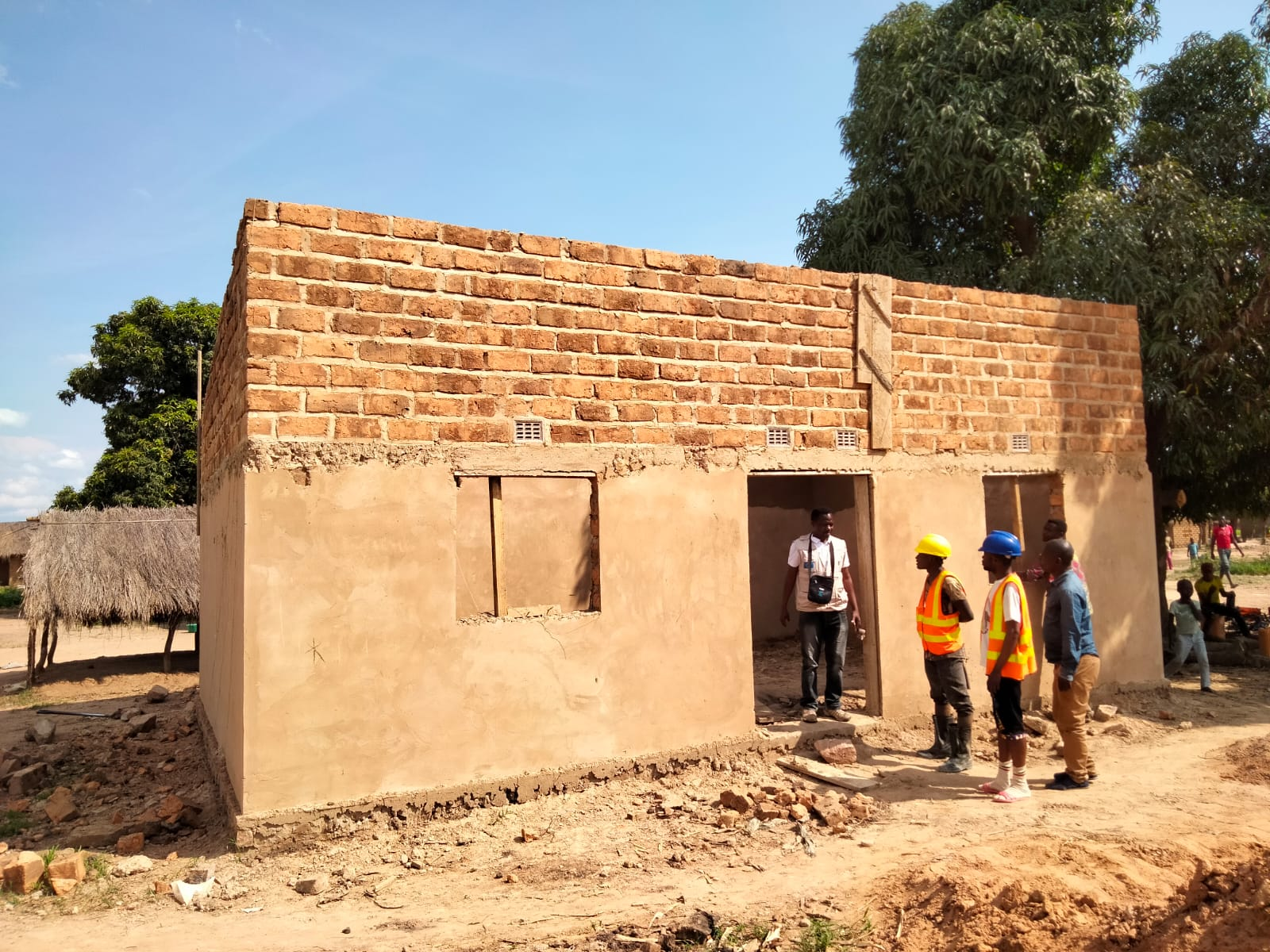
Top Industries
Quick Links
Subscribe Now
Join Thousands of Industry Leaders!
Copyright © 2025 Companies in UAE. All rights reserved.
June 26, 2025
companies.uae

Rising demand for construction in homes, roads, and public services in Congo drives fast growth. Large-scale infrastructure projects need competent builders for the nation. Top companies are getting engaged from civil engineering to real estate. These companies are contributing to the development of a more interconnected Congo.
Why Construction Companies Matter in Congo
Although Congo long lacked adequate infrastructure, present development projects are transforming that. Handling difficult terrain and huge projects, top building companies are vital players in this development. They simultaneously modernize villages and towns, generate employment, and stimulate regional economies.
At present experiencing quick and transformational growth, the construction sector in the Democratic Republic of Congo (DRC) is mostly propelled by a pressing need for contemporary infrastructure and all-encompassing sustainable development. Leading a number of major national initiatives expressly meant to fill the wide historical gaps in the country’s physical and logistical infrastructure, Congo’s infrastructure development companies are at the leading edge of this revitalization. In addition to drastically increasing internal connectivity and enabling access to markets all around the great geographical reach of the DRC, these major efforts are absolutely vital for laying the necessary foundation directly supporting rapid economic growth and improved social cohesion throughout the whole country. Widely seen as a key driver of job creation and a magnet for local and foreign investment, this growing industry is helping the DRC toward a richer future.
Key construction projects in the DRC nowadays focus on bold, high-impact infrastructure initiatives meant to transform the country’s capacities. Among these are the thorough repair and expansion of the run-down national road infrastructure, so critical in enabling domestic trade and movement. Furthermore emerging are major regional integration projects, like the hypothetical Kinshasa-Brazzaville bridge, which promise to improve cross-border connection. Moreover, important energy initiatives—including the Grand Inga Dam, which is massive—are advancing with the intention of greatly increasing electrical power to feed cities and businesses. Beyond these major efforts, several smaller but equally important projects are in progress—such as the building of local bridges, the installation of essential sanitary systems, and the supply of clean water infrastructure—all of which directly seek to improve living standards both rural and urban.
Effectively serving as the technical backbone for these ambitious building projects, Congo’s civil engineering companies are playing an utterly crucial role. Ranging from carrying out thorough geotechnical studies and painstaking first site surveys to exactly designing sophisticated constructions built for seismic safety and great longevity, their very specialized knowledge is absolutely necessary at every stage. While simultaneously adapting them creatively to the DRC’s difficult and varied local terrain and particular climatic circumstances, these companies guarantee that all technical specifications and construction techniques adhere to strict worldwide standards. Many projects’ scale and complexity necessitate strategic alliances and joint projects between these local civil engineering firms and international companies to guarantee project success by combining worldwide best practices with priceless local knowledge.
Especially obvious in major cities like Kinshasa, Lubumbashi, and Goma, the real estate construction industry in the DRC is booming. The emergence of a growing middle class all seeking better living and working surroundings, quick urbanization, and substantial population increase are mostly driving this rising demand. Modern housing solutions are thus becoming more and more in demand, which reflects in the building of planned towns, upscale residential villas, and high-rise apartment buildings. Simultaneously, commercial hubs, new office complexes, and contemporary shopping malls are rapidly growing to offer current infrastructure for companies and retail. With fresh hotels and leisure amenities being built to serve growing tourism and business travel, the hospitality industry is also expanding. This several real estate growth is improving quality of life and changing urban skylines.
The DRC’s construction industry still faces a particular collection of tough challenges despite the amazing development. These include sporadic regulatory delays and bureaucratic inefficiency, pervasive logistical challenges resulting from great distances and often basic transportation infrastructure, and constant shortages of a readily available, highly educated workforce. Public-Private Partnerships (PPPs) have developed as a popular approach to close these large gaps and hasten development by actively drawing important international investment and specialized knowledge, especially from companies located in China. Concurrently with this, the industry is clearly and steadily moving towards using more environmentally friendly methods. This promotes the use of environmentally friendly, locally sourced materials, guarantees rigorous environmental impact studies, actively involves surrounding communities throughout project lifecycles, and always gives local employment possibilities and skill transfer top priority, therefore helping to raise both social and economic level.
Explore the top construction companies in Congo DRC driving infrastructure, real estate, and civil engineering projects, contributing to the country’s rapid development and economic growth.

Join Thousands of Industry Leaders!
Copyright © 2025 Companies in UAE. All rights reserved.